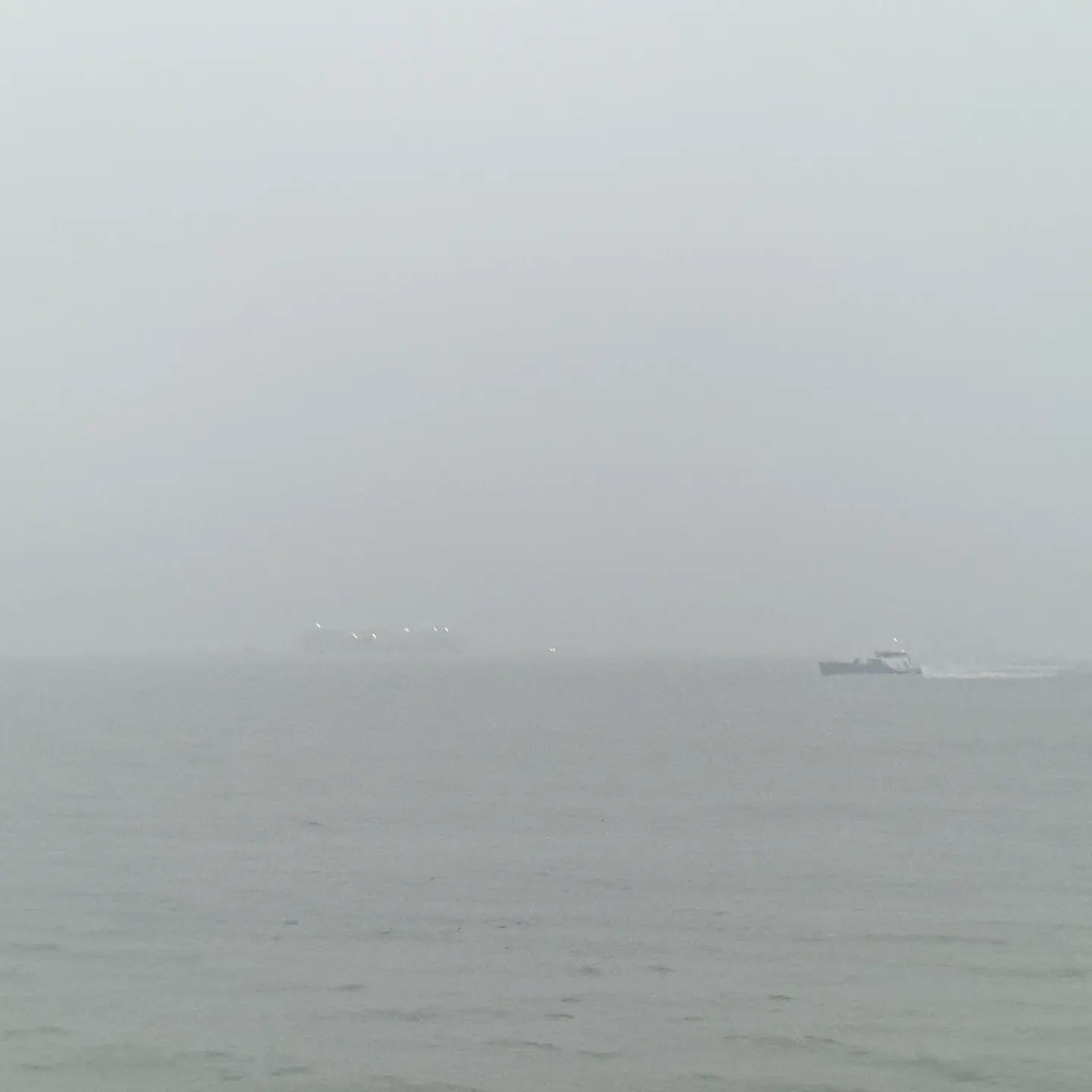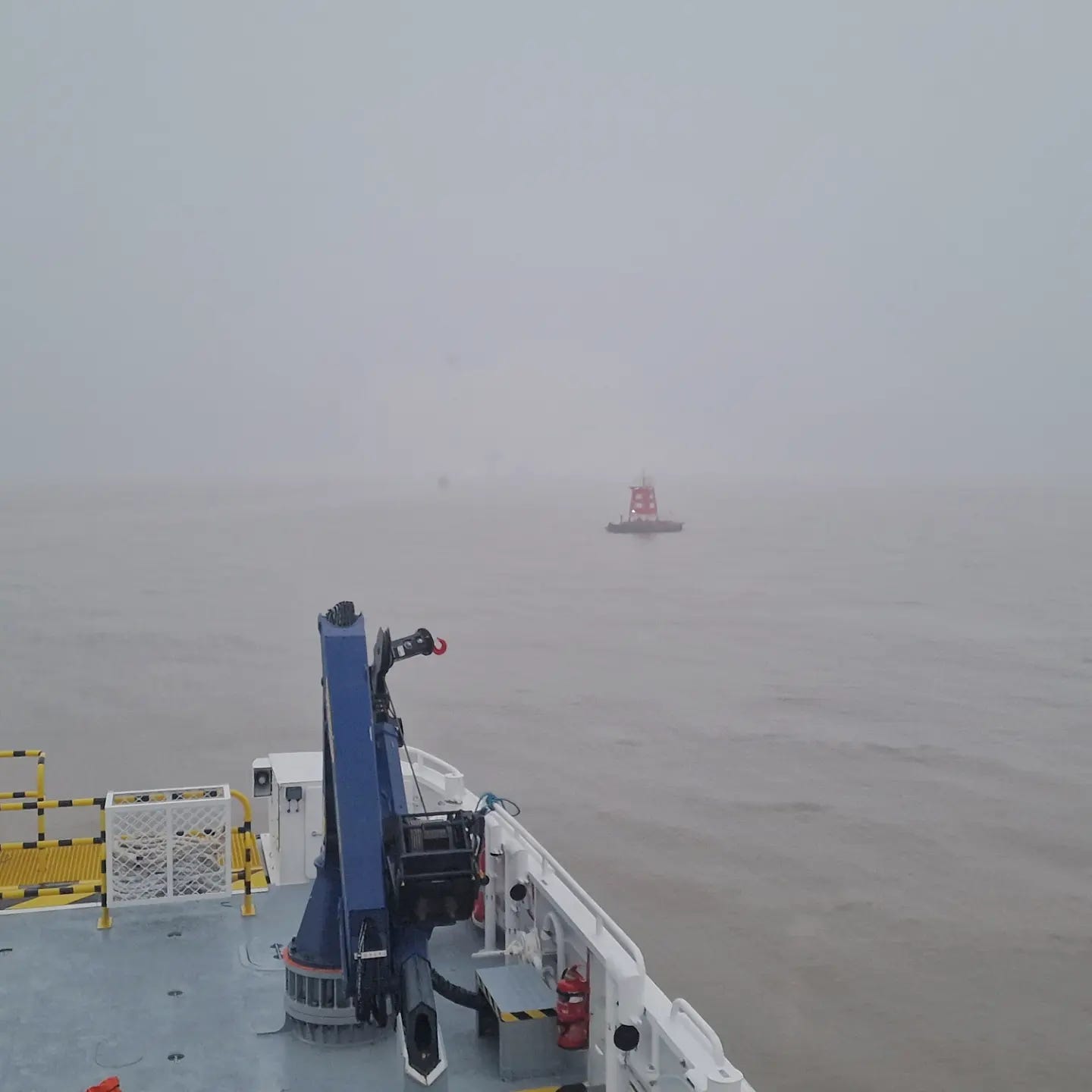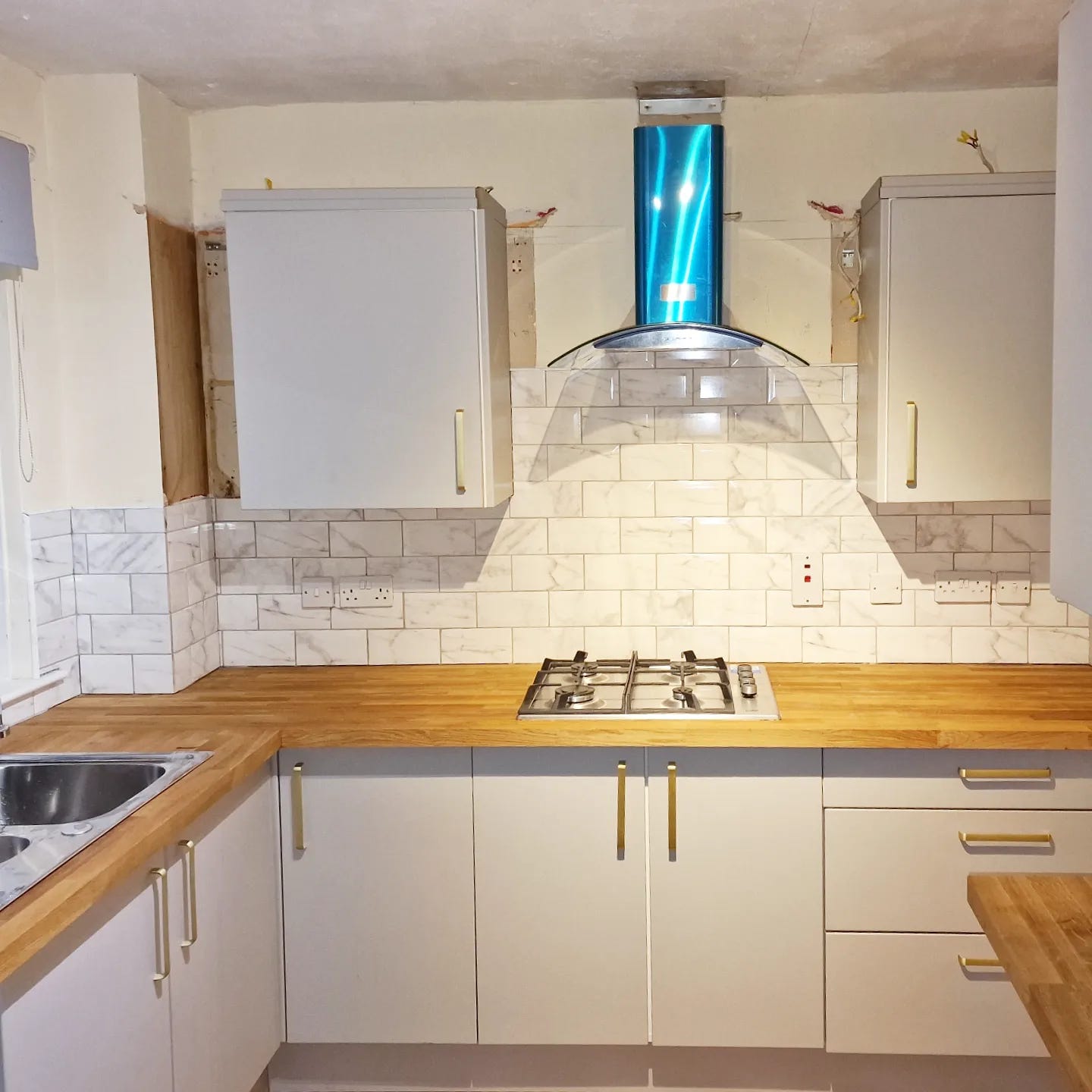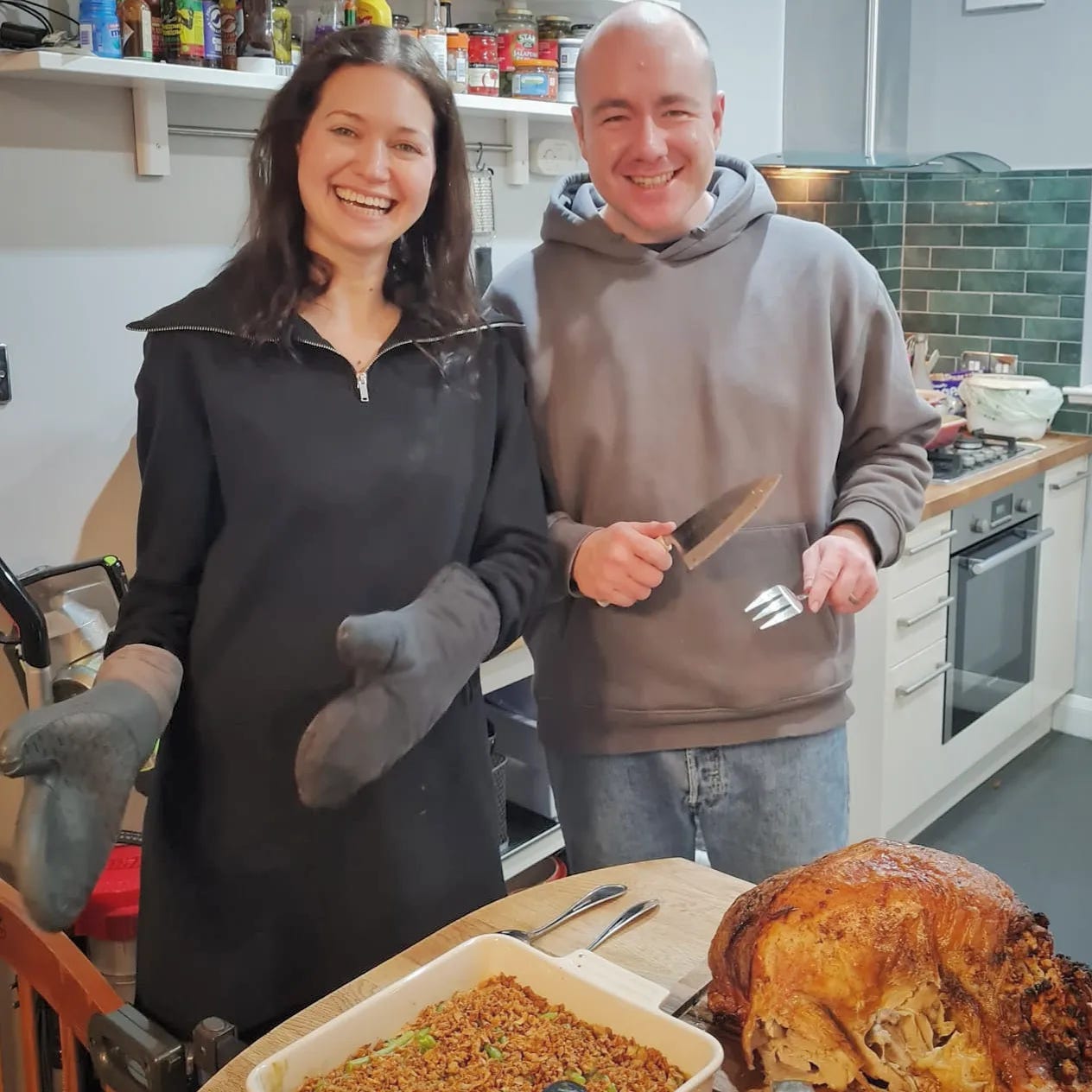It has been over a month since I posted. Apologies to loyal readers expecting their weekly tot. It has simply been too difficult to write recently.
Has much happened this past month? FTX fraud and collapse? Uprisings in Iran and Communist China? The Dutch attempting to leave the WEF? Sunak and Hunt taking the supposedly moderate conservative positions of concurrently increasing tax, increasing spending, and increasing immigration? A migrant centre was firebombed. The sacred memorial to our glorious dead was desecrated in Edinburgh, by vandals who set fire to remembrance wreaths. Bear Grylls and our midget schoolboy PM visited Ukraine’s chief tour guide. Kanye West loves Hitler. England fans hate Israel. Qatar hates gays. Elon Musk is putting a chip in his kids’ brain, allegedly. Inflation marches on toward a Crack-Up Boom. Oh, and my father-in-law contracted Covid and was confined to his expensive cabin on a cruise ship transiting West Africa.
I haven’t missed too much then.
I’m ‘tracking and testing’ the mood of the people around me, and it is dire.
The online safety bill will choke what little free speech is left in this country. Elon Musk makes a lot of the right noises but believes in necessary evil a little too much for my taste. The uprising in China is being egged on by advocates of action, but not of philosophy.
One of my kind teachers, Anna Brees, has expressed serious concerns over things that are fated for the past like ‘free’ school meals. Anna teaches media and videography classes that give a powerful voice to ordinary people, and so she fights the good fight. But what is coming, is of a magnitude that has not been seen by many living today. The teachers from my kids’ primary school are going on strike again in the new year, which, as someone who is fighting inflation by working two jobs, strikes me as trying to solve the problem with more of the problem.
The old joke is that ‘the trouble with socialism is, sooner or later you run out of other people’s money’.
It will be sooner.
The idea that people think ‘capitalism is destructive because it requires continuous growth’ is uttered without thought or contest. Capital, in fact, craves stability. It is the empty promises and betrayal of revolutionaries that give us the stealth tax of monetary inflation that drives this predation. Those holding actual money might honestly prefer deflation.
The trouble with human beings is that we both crave and fear certainty. Particularly after the horrors of the twentieth century, this might be understandable. The unshakable certainty of government leaders who separated children from their families, bombed civilians, or starved them to death due to centrally planned economies being assumed to be ‘equitable’ and ‘perfect’.
Socialism has certainly killed hundreds of millions of civilians in peacetime, through public policy. That is certain. The rebranding of that National Socialism as simply ‘nationalism’, has been one false target in our political warfare of the last three decades. A strategy or story promoted by those who wish to erase nations, and their root unit – the family.
I see many in society, both older and younger than I am, with a visceral disgust reaction to any form of certainty at all. This is troubling because it fetishizes compromise as a virtue in itself. When clearly, it cannot always be so. Not all things are equal.
We all live in a story. All of our stories are imperfect and limited. But like a ship navigating in the fog, we need to identify the dangers in the gloom.
I’ve spent a lot of time navigating in thick fog recently, due to an unseasonably warm air mass, passing over cold twilight seas. The rule for navigating in fog is: Reduced speed; Extra lookouts; Additional Caution; Frequently announce your presence with loud sound signals; and Don’t alter course towards any danger.
In reality, of course, commercial pressure remains, whether foggy or not. The rules of the road for ships were developed during an age when ships were one-tenth their current size, and travelled at a fraction of the speed. The rules have been updated to include radar, but not the desperation of the hungry corporate office that preaches ‘safety first’ but doesn’t mean it.

In truth, we proceed at full sea speed into the darkness and the fog. During the day, with visibility of less than a mile or so, you will see a passing ship at about the same time he sees you. We are nimble enough to get out of anybody’s way at short notice, so you just need to check before you cross opposing traffic lanes. At night, however, the fog makes you double-blind. In that case, when barrelling down the Humber at 20 knots, you steer into the darkest part of the fog. That’s likely to be the middle of the channel, where the least number of hazards are.

The point is you have to be a contrarian sometimes. Even when it comes to fighting your own instincts.
Sometimes there is no other choice when faced with hard, bone-crushing reality. The fog of compromise and relativism is nothing to cling to. Hazards lurk therein.
What I can see in many people today is the unwillingness to adopt certainty as a stance at all. It isn’t cowardice per se. It’s just a belief that the fog is preferable to seeing what is behind the fog. The child-like substitutes this brings in its wake are even more disturbing, however. Banal statements during the Remembrance Day service about ‘hate leads to war’ make me shudder with their narcissistic simplicity and treacherous magnanimity. And that attitude is a major impediment to what many freedom lovers hope to see in the ‘great-awakening’ in the coming years. And overcoming that will require people to place truth-telling, at great social cost, higher up in their pyramid of values and beliefs.
Something silicone valley and the online safety bill seem hell-bent on avoiding, with their increasingly silly continuation of ‘covid-safety’ stickers on social media posts.
When I came home from my last trip to Germany, I began to realise that trip had taken more out of me than I had thought at first. It was an adventure alright, but it took everything I had to get that vessel back to seaworthiness and ready to go on hire. And it was an absolutely thankless endeavour.
When I got home it was clear that I needed to focus on my family for some time. My wife had clearly had a difficult time alone with the kids during that trip. She cried my first night home.
I don’t feel much fear very often. I’m blissfully dense that way. One thing I do fear, though, is disappointing my wife.
That empty stomach of helplessness and vulnerability that I knew well from my parent’s divorce always comes back in a flash when I notice that my wife is under strain. An early warning signal for the part of me that has vowed never to go back to that life. The precursor and antidote to crushing solitude, and emptiness.
I know my wife loves me, and we are nowhere near the path toward divorce. But I fear that hell so completely, that it is the first thing that comes to me. Not to my mind though, always my stomach.
Part of being a sailor is developing an instinct for the earliest possible warning signals to a hazard, and steering clear as soon as you notice them. Like the first slight gusts of an easterly gale, raising the hairs on the back of your neck might lead you to stop the job and head for shelter.
I promised my wife I’d do everything I could with the kids during this period of leave, & I did. She wrote out the full schedule for me.
The morning school run, playgroup with the two little ones, lunch, drop the boy at nursery, and return the toddler for nap time, which is spent doing laundry and cleaning the house. Nap time is ended prematurely in time to go collect the eldest from primary school, before a 20-minute turnaround time to change clothes, eat a snack, and then drive her to gymnastics class. Gymnastics lasts 1 hour, which is barely enough time to collect the boy from nursery and run one other errand like recycling or buying the beer I’ll need to make it through the evening. After fetching all 3 kids from their various locations, it’s back home to make dinner, bathe the bairns, & put them to bed. Laughter, tears, bed-wetting, screaming, shouting, sneezing, illness, sharing issues, and ‘I need a hug’ come at strategically inopportune moments. Toddlers remove their clothing when it is minus -4°C outside. They remove their shoes in the car, not understanding the finer points of sticking to a schedule. And it is mechanically amazing what they can get to stick to the ceiling when you’re not looking.
They are a delight. Being in their company was no hardship for me, as I miss them terribly when I’m away. But they are a relentlessly demanding delight.
Since March I’ve been away at sea more than I’ve been at home. During my periods of leave I’ve trained as a tiler and a plumber, done three marine surveys & have partly drafted two books and a training course in support of my consultancy business. I’ve been reading extensively, writing here, and generally doing everything I possibly can to improve our financial situation in anticipation of the harder times ahead. And it has been going well enough for now.
All I want to do is work as hard as I possibly can right now. That’s my answer to uncertainty. I’m happy to work because I know I’m doing it for my family. I do 12 to 15-hour shifts, with 5-minute breaks to eat, and I’m happy to do it. I’m working to make everything that crosses my path better. I feel a rush of pride and accomplishment when I’ve pushed myself to new limits of skill and endurance. I’m engaged.
I have my ‘why’.
One thing, however, I think men often take for granted is the value of our company. Our presence.
The focus of the hunter is useful and applicable to many abstract forms of competitive specialisation. But the hunter should return from time to time and share in the life he sustains. I need to take care not to sacrifice the wrong things. We who value self-sacrifice need to remember that part of ourselves belongs to others. And that is a good thing.
My wife married me, at least in part, because she loves me. That includes my companionship, however difficult or unproductive I may find that to be at times. It is not just important, but vital, to pay attention to the signs that your wife and children need you to be there sometimes.
I checked my wife into a nice hotel in Edinburgh for a couple of days alone, eating well and taking a rest. And I did every activity with the kids I possibly could. From mundane chores to watercolour painting and night-time walks in the woods with a flashlight.
We recovered.
Although I did push my luck a little bit far when I took three days off from parenting to complete my first major tiling job, completing a new kitchen. This job involved extensive repairs to a brick-and-mortar wall and a collapsing window frame that took me a day longer than planned (& tiling to midnight one evening), so I left my wife without the car the day before Thanksgiving. With some shopping still to do, she was not too happy about that!
Tiling and plumbing is my backup business for when the travel tyranny returns, and when black marketeering becomes the only refuge for an honest man. The former Soviet sailors I’ve known over the years have prepared me well for such increasingly likely ‘worst-case-scenarios’. I now have two ways to make money for my family. And I know one bathroom fitter who has been taking payments in gold coins of late.

In any case, thanksgiving went well. American beer and bourbon flowed. Our friends came round and brought their news and their kids. (One friend is Iranian, so she had some interesting news). I carved the turkey, and the healing took place.

I was prepared for moments like this as a younger man. I once spent a summer on the Isle of Lewis with my father. I was helping him, looking after his ageing and ailing parents near the end of their lives. He spent weeks and months devoting himself to their care in their final years.
One day we were out for an errand, and he pulled over the car and stopped at the Brae. The brae is a narrow isthmus connecting the majestically tiny peninsula of An Rubha (The eye), to the mighty ‘mainland’ of Lewis, on the farthest outer edge of Europe. We got out of the car and walked the beach for a brief ten minutes, clearly just enough to save my father’s sanity.
‘You know, it seems, the older you get, the less your life is your own’, my father said to me.
And then we went back to work, caring for the people who gave us life. Not for money, but for love.
His own wife, my step mum, found his absence very difficult that year.
It pays to know that like all things, this too shall pass.
It also pays to accept the nature of the world. Our wives’ pains are severe, and we shall toil all the days of our lives because there are unlimited numbers of things to be put right in this world. And it is good to know that because then you can accept that most of them will keep until tomorrow.
I love my wife and children. I’m so proud of them. And now I go back to work with renewed respect for the mental toughness of a woman who can raise such amazing and powerful children with the unrelenting patience and self-discipline of a Navy Seal.
I’ve never been closer to my son, and my youngest daughter now wakes up in the night and babbles ‘Daddy Loves me’, when I’m away on the boat.
And so, now, on my latest ship, which has suffered 6 electrical blackouts in two days, with total loss of steering, radar and navigation systems, I can laugh off the drama. My relationships with my wife and children are refreshed, maintained and fully watertight. That gives me all I need to go on. Full speed ahead, into the fog and the night at sea.